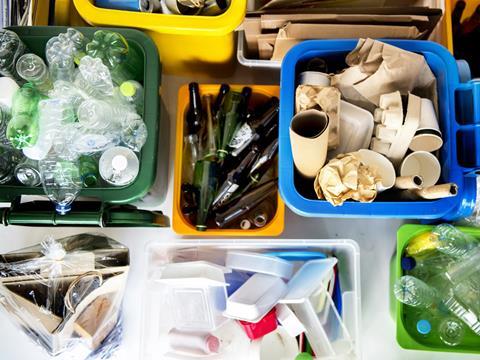
The Ellen MacArthur Foundation (EMF) has today published a set of universal circular economy policy goals, with the aim of creating a common direction of travel in policy development for a faster transition to a circular economy.
As governments and businesses pursue a recovery from the COVID-19 crisis, EMF hopes that the circular economy policy goals detailed in the paper can offer solutions to global challenges such as climate change, biodiversity loss, and pollution, whilst delivering economic development.
EMF says that it worked with an extensive group of representatives from across its global network of businesses and policymakers to create the five goals:
● Stimulate design for the circular economy
● Manage resources to preserve value
● Make the economics work
● Invest in innovation, infrastructure, and skills
● Collaborate for system change.
Work by the foundation aims to show that moving to a circular economy – in which waste is eliminated, products and materials are kept in use, and natural systems are regenerated – can play a pivotal role in tackling climate change, while delivering new opportunities for better growth.
However, EMF says that for this to happen, there is a need for greater alignment between industry and government, and it therefore calls on businesses and policymakers at all levels to work together and align with these five goals as the basis for a society-wide transition to a circular economy.
According to EMF, global adoption could catalyse private sector innovation and the development of solutions that can be deployed and scaled rapidly around the world.
Jocelyn Blériot, executive lead for institutions, governments, and cities at the Ellen MacArthur Foundation, said: “We have seen rapidly growing recognition around the world that the circular economy is critical to meeting the SDGs, tackling climate change, and delivering better growth.
“To seize those opportunities and reach scale quickly, it is now crucial to foster far greater policy alignment. The universal circular economy policy goals have been created to support that alignment, setting a clear direction that can help governments, as well as the private sector, build healthier economic recoveries.”













